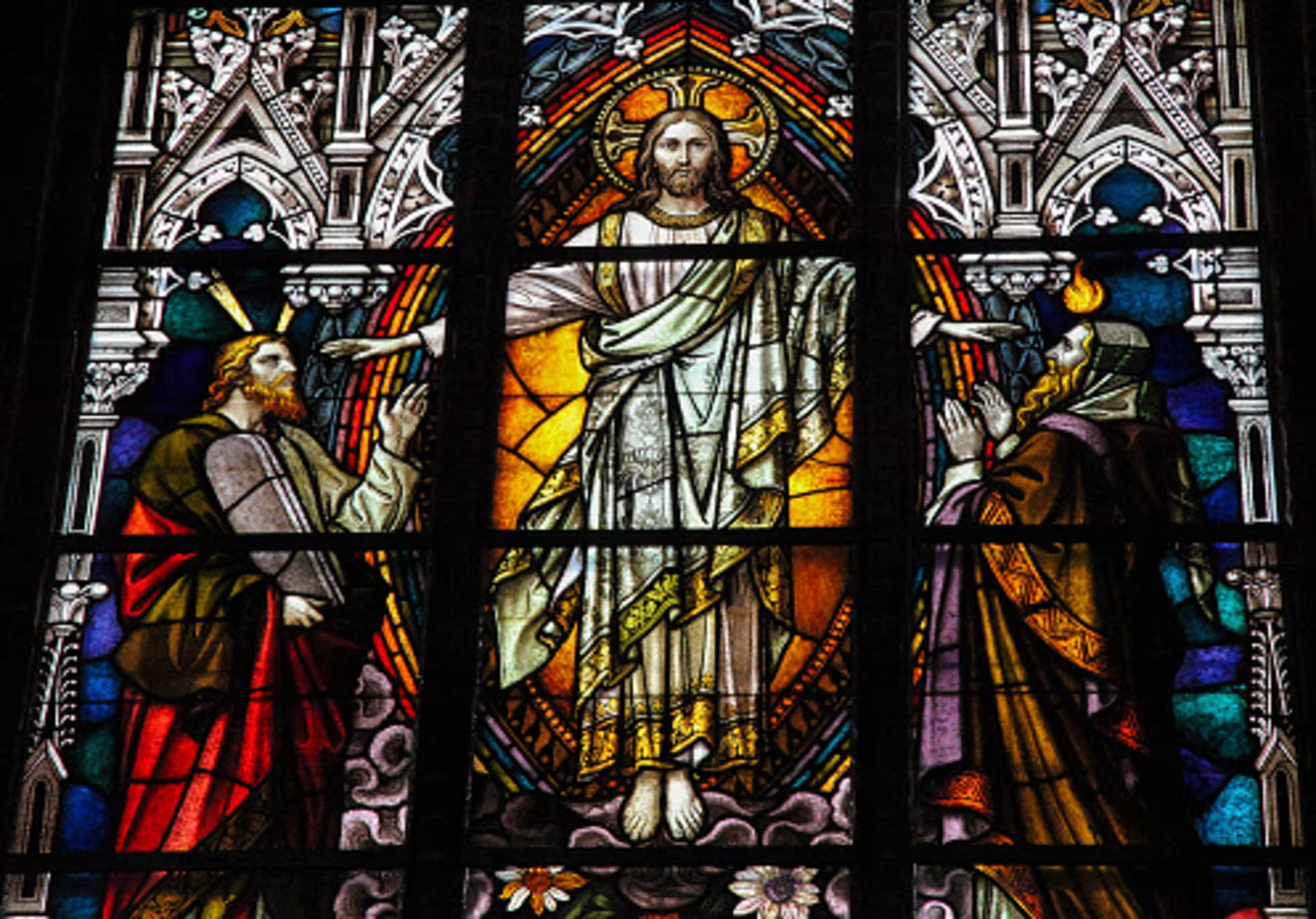The Bible presents God as a God of justice and mercy. The Bible strongly condemns the unjust treatment of the poor and the weak and calls out for justice to reign. Much of the Bible deals with how one must treat others and how a government and society should serve the weak and defenseless.
God’s Laws Protected the Weak
Many of the Old Testament laws God gave through both minor and major prophets were to protect the vulnerable - the poor, the widows, the servant-slaves and the foreigners:
“When you reap the harvest of your land, you shall not reap your field right up to its edge, neither shall you gather the gleanings after your harvest. And you shall not strip your vineyard bare, neither shall you gather the fallen grapes of your vineyard. You shall leave them for the poor and for the sojourner: I am the Lord your God.” - Leviticus 19:9-10, (ESV)
Every three years, the people were to bring a tithe of the produce for the sustenance of the Levites (who had not inherited land) and “the sojourner, the fatherless and the widow … that the Lord your God may bless you in all the work of your hands that you do” (Deuteronomy 14:28-29).
The keeping of the Sabbath without labor provided time not only for worship but also rest, especially for those who worked the hardest, so that “the son of your servant woman, and the alien, may be refreshed” (Exodus 23:12).
Every seven years, creditors were to cancel all debts among the Israelites as a relief (Deuteronomy 15, NIV).
God’s Prophets Called the People and Rulers to Act With Justice
In the Old Testament, God sent prophets to admonish the people and confront them with their sinful behavior. They called the people to repent and to live holy lives, as God is holy. They condemned the sins of injustice and oppression of the poor and vulnerable. The Prophet Isaiah denounced the sins committed by corrupt leaders of the nation of Israel, which God had chosen as His people: “They do not defend the cause of the fatherless; the widow’s case does not come before them” (Isaiah 1:23, NIV). Through Isaiah, the Lord promised to bring his wrath and purge their impurities. God promised a future with righteous rulers when Jerusalem would be called the “City of Righteousness, the Faithful City” (Isaiah 1:28).
The Prophet Amos condemned those who mistreated the weak: “They sell the innocent for silver, and the needy for a pair of sandals. They trample on the heads of the poor as on the dust of the ground and deny justice to the oppressed” (Amos 2:6-7).
Micah expressed what the Lord required of his people: “only to do justice and to love goodness, and to walk humbly with your God” (Micah 6:8, NABRE).
The Old Testament laws spoken by minor and major prophets worked then and now to stand for biblical justice. The Bible condemns injustice and commands us, individuals and nations, to act with justice and mercy.
Grand Canyon University has been training Christians in ministry since its inception. If you are interested in pursuing a career in ministry, GCU's College of Theology has many degree programs, including Bachelor of Arts in Christian Ministry and Bachelor of Arts in Christian Studies.






